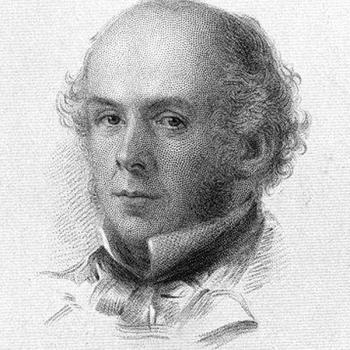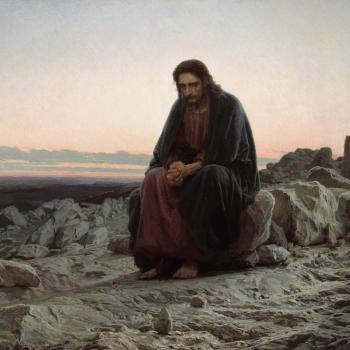In a recent posting, I discussed the medieval heretical movement known variously as the Cathars or Albigensians, who flourished in southern France in the twelfth and thirteenth centuries until they were wiped out in an extraordinarily violent persecution. (If anyone ever tells you that you can’t kill an idea, suggest that they go find an Albigensian and argue the point with them). The great question about this movement was whether it was Dualist and Manichaean, as its enemies proclaimed, or if instead it was a proto-Protestant group that held true to the Bible in the face of church oppression. Modern Protestants celebrate Wycliffe and the Lollards: should they also regard the Cathars as worthy predecessors? This issue comes to mind right now as I read R. I. Moore’s impressive book The War on Heresy, which questions the Dualist connection.
Actually, this is a complex question. The Cathars certainly had some ideas that were grossly heretical by the standards of any orthodox modern church. They firmly rejected the Old Testament, and the Incarnation. Their elite believers, the perfecti, followed the ancient Encratites in rejecting any sexual contact, and the eating of any food apart from vegetables and fish. Believers entered the state of perfection by accepting spiritual baptism, the consolamentum, which involved a laying on of hands in the presence of the Gospel of John. For Protestants, Catholics and Orthodox alike, this was a profoundly strange form of the Christian faith.
At the same time, though, Cathars defined themselves as firmly part of the Christian tradition, and its recorded rituals draw entirely on the New Testament, as they understood it. Some believers were reluctant to accept any Scripture as authoritative beyond the four Gospels, although others read at least some of the Epistles. Beyond those texts, though, they dismissed any alleged scriptures as affitilhas (A modern translation might be “bells and whistles”). Later Protestants can identify with their anti-clericalism and anti-institutionalism, their rejection of hierarchy and sacraments, and their esteem for personal piety.
This is open to debate, but they may also have had access to genuinely ancient early Christian texts. We have a Cathar prayer-book known as the Lyons Ritual, which includes a number of services, including a confession, and a form of consolamentum, the Immersion in the Perfect Community. None draws on any text except the New Testament, chiefly the gospels and epistles, and the closest parallel to the Immersion ceremony comes in Jesus’s commissioning of the apostles in Luke 9.
So close in fact is the Cathar ritual to the ancient Baptism of the Catechumens that modern scholars have suggested a direct inheritance, possibly by means of ancient texts that were still available to these alternative believers. This seemingly medieval artefact is probably a direct translation of a Greek document from the second century. Except for the Encratite oath, an unsuspecting reader would assume that these texts were just conventional expressions of rigorous Christian piety. Zoe Oldenbourg wrote that “Any good Catholic could have read [the Cathar Ritual] approvingly and… have got the impression that he was savoring the full flavor and vigor of primitive Christianity.” Would they have been wrong to do so?
Well alright, it’s not a real lost gospel in anything like the Dan Brown sense, but we might indeed be talking about very ancient Christian texts. It’s an evocative thought. As late as 1200, in southern France, there were still believers using the same ancient liturgies of the earliest church, and who knows how they might have been transmitted through the centuries? And presumably, these documents all went up in flames in the great persecutions that accompanied the Albigensian Crusades.
Truly, the Middle Ages were a much stranger era than we often give them credit for.















